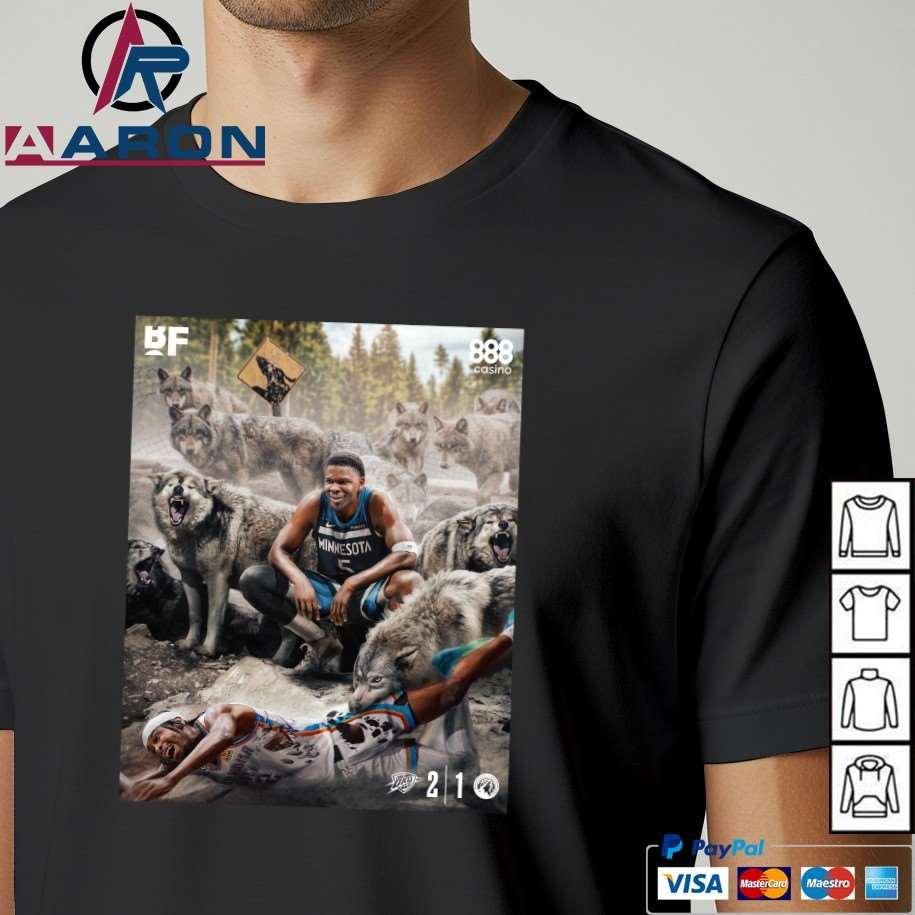
Buy This Here
The demand for sustainable T-shirts is soaring, driven by a growing awareness of fashion's environmental impact. Consumers are actively seeking ethical and eco-friendly options, pushing brands to innovate and adopt more responsible practices. This shift is redefining what's "trending" in the T-shirt market.
What's Trending in Sustainable T-Shirts
1. Innovative Materials Take Center Stage: Beyond organic cotton, the sustainable T-shirt landscape is rich with new, exciting materials. Expect to see an increase in recycled content, like polyester made from plastic bottles and nylon from discarded fishing nets. Bio-based fibers derived from algae, seaweed (like Kelsun), hemp, banana plants (Bananatex), and even waste products from the food industry (such as coffee grounds for S.Cafe® and apple leather) are gaining significant traction, offering innovative and biodegradable alternatives.
2. Circularity and Longevity: The "take-make-dispose" model is out. Brands are focusing on circularity, designing T-shirts that can be recycled or upcycled at the end of their life. This includes take-back programs and using durable, high-quality materials that prolong the garment's lifespan, reducing overall consumption and waste. The emphasis is on "cost-perwear" rather than just the initial price.
3. Ethical Production and Transparency: Consumers want to know their T-shirts are made ethically. This trend emphasizes fair wages, safe working conditions, and transparent supply chains. Certifications like GOTS (Global Organic Textile Standard) and Fair Trade are increasingly important, assuring consumers that environmental and social standards are met throughout the production process.
4. Low-Impact Printing and Manufacturing: The sustainability push extends to production methods. Water-based inks are replacing traditional solvent-based dyes, and digital printing technologies are reducing water waste significantly compared to conventional methods. Printon-demand services are also trending, minimizing excess inventory and associated waste by producing garments only when an order is placed.
